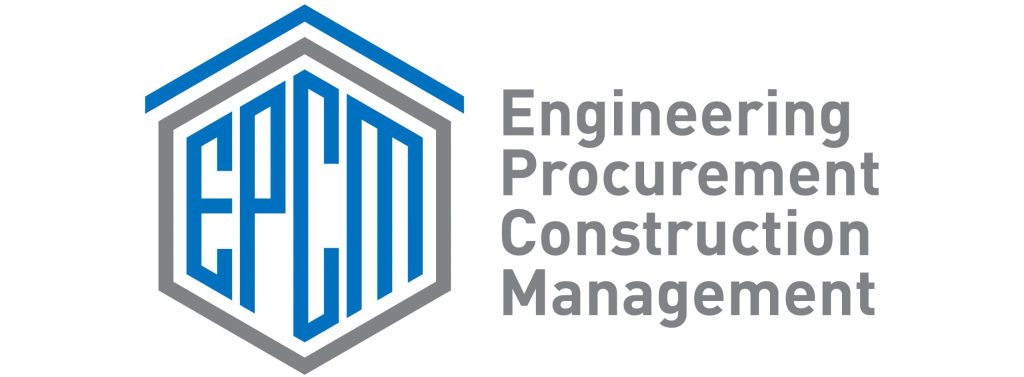Introduction
In the rapidly evolving construction industry, effective water management presents a multifaceted challenge, especially within the framework of Engineering, Procurement, and Construction (EPC) projects. As a leading Calgary engineering company specializing in EPC services, our commitment to excellence compels us to address the complexities of water management head-on, ensuring sustainable, efficient, and compliant project delivery. This blog post delves into the intricacies of water management in construction, highlighting innovative strategies and solutions employed by top-tier EPC firms, including those based in Calgary, Alberta, Canada.
Water management in construction encompasses a broad spectrum of activities — from ensuring adequate water supply for construction needs, treating and managing wastewater, to controlling stormwater and mitigating pollution. For EPC companies engaged in sectors as diverse as oil and gas, carbon capture solutions, and civil engineering, the stakes are particularly high. Effective water management strategies are crucial not only for the sustainability of the project but also for its legal compliance and environmental stewardship.
Key Challenges in Water Management
Supply and Demand: Balancing the project’s water needs with local availability and regulatory constraints.
Quality Control: Ensuring the water used in construction processes meets specific quality standards.
Wastewater Treatment: Implementing efficient systems to treat and recycle wastewater generated during construction.
Stormwater Management: Designing effective systems to control runoff and prevent site flooding and erosion.
Environmental Protection: Preventing pollution and harm to local water bodies and ecosystems.
Innovative Water Management Strategies
Water Efficiency and Recycling
Adopting water-saving technologies and practices is crucial for minimizing water use in construction projects. Techniques such as rainwater harvesting, water recycling, and the use of greywater systems can significantly reduce the demand for fresh water.
Advanced Treatment Technologies
Investing in advanced wastewater treatment technologies enables the removal of contaminants, allowing water to be safely reused on-site or discharged. Technologies such as membrane bioreactors (MBRs) and reverse osmosis (RO) are becoming increasingly prevalent in EPC projects.
Integrated Stormwater Management
Implementing green infrastructure and sustainable urban drainage systems (SUDS) can effectively manage stormwater, reduce runoff, and enhance water quality. These systems mimic natural processes to absorb, store, and clean stormwater.
Regulatory Compliance and Best Practices
EPC firms must navigate a complex web of local and national regulations governing water use and discharge. Developing comprehensive water management plans that adhere to these regulations and incorporate industry best practices is essential for project success.
Case Studies: Success Stories in EPC Water Management
Exploring real-world examples of successful water management in EPC projects offers valuable insights into practical solutions and innovative approaches. Case Study 1: Advanced Wastewater Treatment in Oil and Gas Projects, Case Study 2: Green Infrastructure in Urban Construction, and Case Study 3: Rainwater Harvesting and Recycling in Industrial Projects provide excellent illustrations of these principles in action.
Conclusion
Effective water management is a critical component of sustainable construction practices, particularly for EPC projects where the scope and scale of activities pose unique challenges. By employing innovative strategies, embracing advanced technologies, and adhering to regulatory requirements, EPC firms can significantly mitigate water-related risks, ensuring project success while contributing to environmental conservation.

